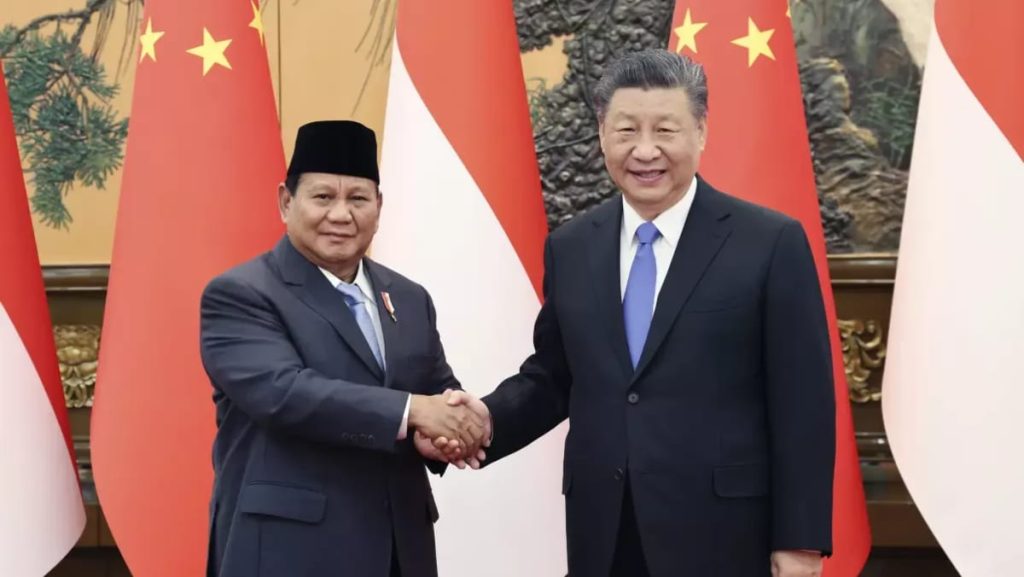Prabowo’s decision to prioritize a visit to China over Indonesia’s neighboring countries highlights the strong partnership that has been developed between the two nations over the past decade. China has become Indonesia’s top trading partner, supplying natural resources such as nickel and coal. The close relationship between the two countries was established during Jokowi’s presidency, with China investing billions in Indonesian infrastructure and industrial projects, including the construction of the Jakarta-Bandung high-speed railway. Jokowi’s frequent visits to China during his presidency further solidified the bond between the two nations.
As Indonesia’s defense minister, Prabowo faces the challenge of navigating the complex relationships between China, the United States, and other regional powers in Southeast Asia. Prabowo has stated that Indonesia remains committed to its policy of non-alignment and seeks to maintain good relations with both China and the United States. The issue of China’s expansive claims in the South China Sea may pose a test for Prabowo’s leadership, as Indonesia asserts its own exclusive economic zone in the southern end of the sea, which conflicts with China’s territorial claims based on the controversial “nine-dash line.” Despite the potential for tension, Indonesia and China have not experienced the same level of dispute as seen between China and other regional states like the Philippines.
During Prabowo’s recent visit to China, President Xi Jinping expressed China’s willingness to continue deepening maritime cooperation with Indonesia. It is clear that both countries value their relationship and are seeking to strengthen ties in various areas, including trade, infrastructure, and maritime affairs. Indonesia’s strategic location and abundant natural resources make it an important partner for China in the region, and the two countries have much to gain from collaborating on various economic and security issues. Prabowo’s visit to China serves as a reminder of the importance of diplomacy and cooperation in maintaining stability and promoting mutual prosperity in the region.
The jostling for influence between China and the United States in Southeast Asia presents a challenge for Indonesia as it seeks to balance relations with both superpowers. Prabowo will need to carefully navigate this complex geopolitical landscape while upholding Indonesia’s commitment to neutrality and non-alignment. The South China Sea dispute remains a potential flashpoint in the region, and Indonesia’s stance on this issue will be a key factor in its relations with China and other neighboring countries. Prabowo’s leadership will be tested as he works to promote Indonesia’s interests while managing competing interests and ensuring regional stability.
Overall, Prabowo’s visit to China underscores the importance of the relationship between the two countries and the need for continued cooperation on a range of issues. Indonesia’s strategic position in Southeast Asia, its economic potential, and its commitment to maintaining good relations with major powers make it a valuable partner for China. As Prabowo navigates the complexities of regional dynamics and seeks to uphold Indonesia’s interests, he will need to strike a delicate balance between competing interests and assert Indonesia’s presence on the global stage. By engaging with China and other regional players in a constructive and diplomatic manner, Indonesia can continue to play a key role in shaping the future of Southeast Asia and promoting regional peace and prosperity.


